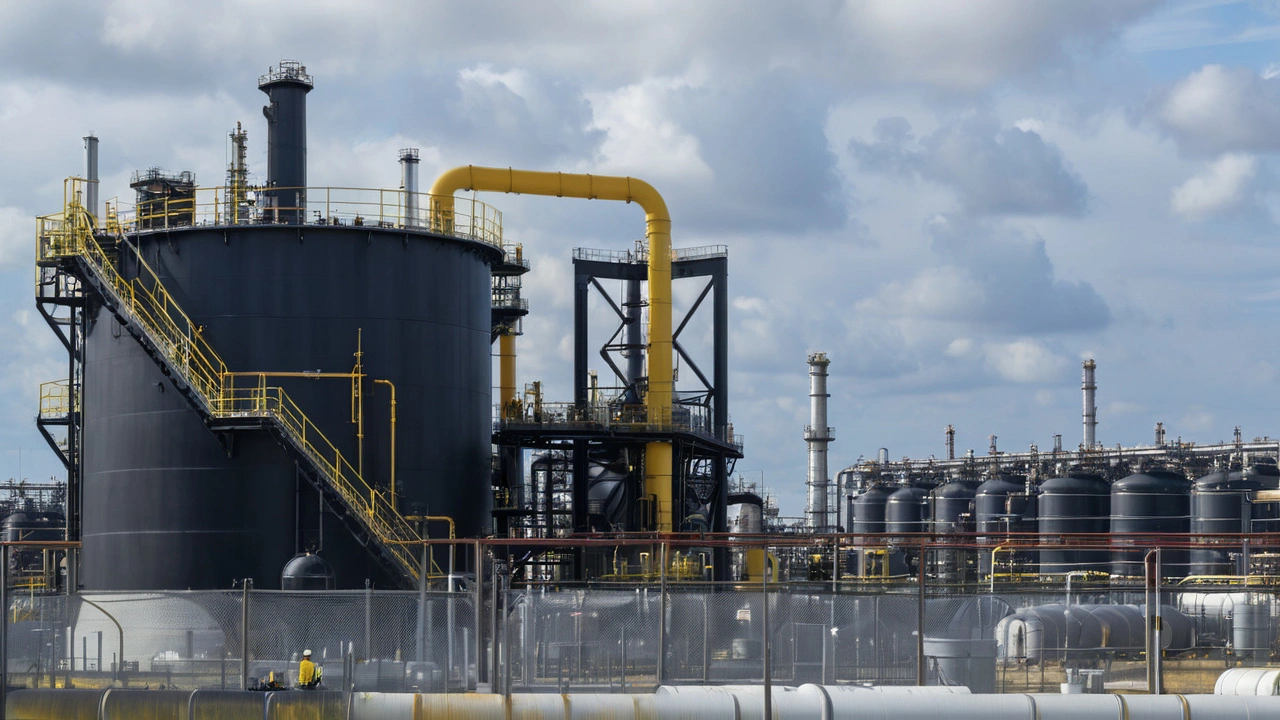Oil prices might not be something you check every day, but they affect a ton of what you pay for—from the gas in your car to the cost of everyday goods. So, what exactly drives those prices up and down? It all boils down to supply and demand, geopolitical events, and market speculation.
When there’s more oil available than people want, prices drop. Flip that, and prices rise. But it’s not just about the number of barrels pumped; political tensions in key oil-producing regions or unexpected disruptions like natural disasters can send prices soaring overnight. Ever heard about how a conflict in the Middle East can spike fuel prices globally? That’s why.
Gas prices at the pump go hand-in-hand with oil prices. When oil gets expensive, filling up your tank will cost more, and so does transporting goods. This ripple effect often pushes prices up for food, clothes, and practically anything that needs shipping. So, a hike in oil prices can hit your wallet in more ways than one.
On the flip side, if oil prices fall, it can ease the strain on your budget and boost the economy by lowering transportation and manufacturing costs. But keep in mind, cheap oil isn't always the best for the environment, and countries that rely heavily on oil revenues might face challenges.
Want to keep an eye on oil prices? You can check major benchmarks like Brent Crude or West Texas Intermediate. These indicators help investors and governments get a sense of the market’s direction. Watching the news for updates on international conflicts, OPEC meetings, or economic data can clue you in on potential price moves.
While we can’t predict the exact future of oil prices, knowing the basics helps you understand headlines about rising fuel costs or energy policies. Whether you’re planning a road trip or budgeting your monthly expenses, keeping an eye on oil prices can give you a heads-up on what’s coming.
So next time you notice a jump or drop at the gas station, you’ll know it’s tied to a bigger story playing out globally. It’s not just numbers on a screen—it’s real money in your pocket and a huge force in the world economy.
